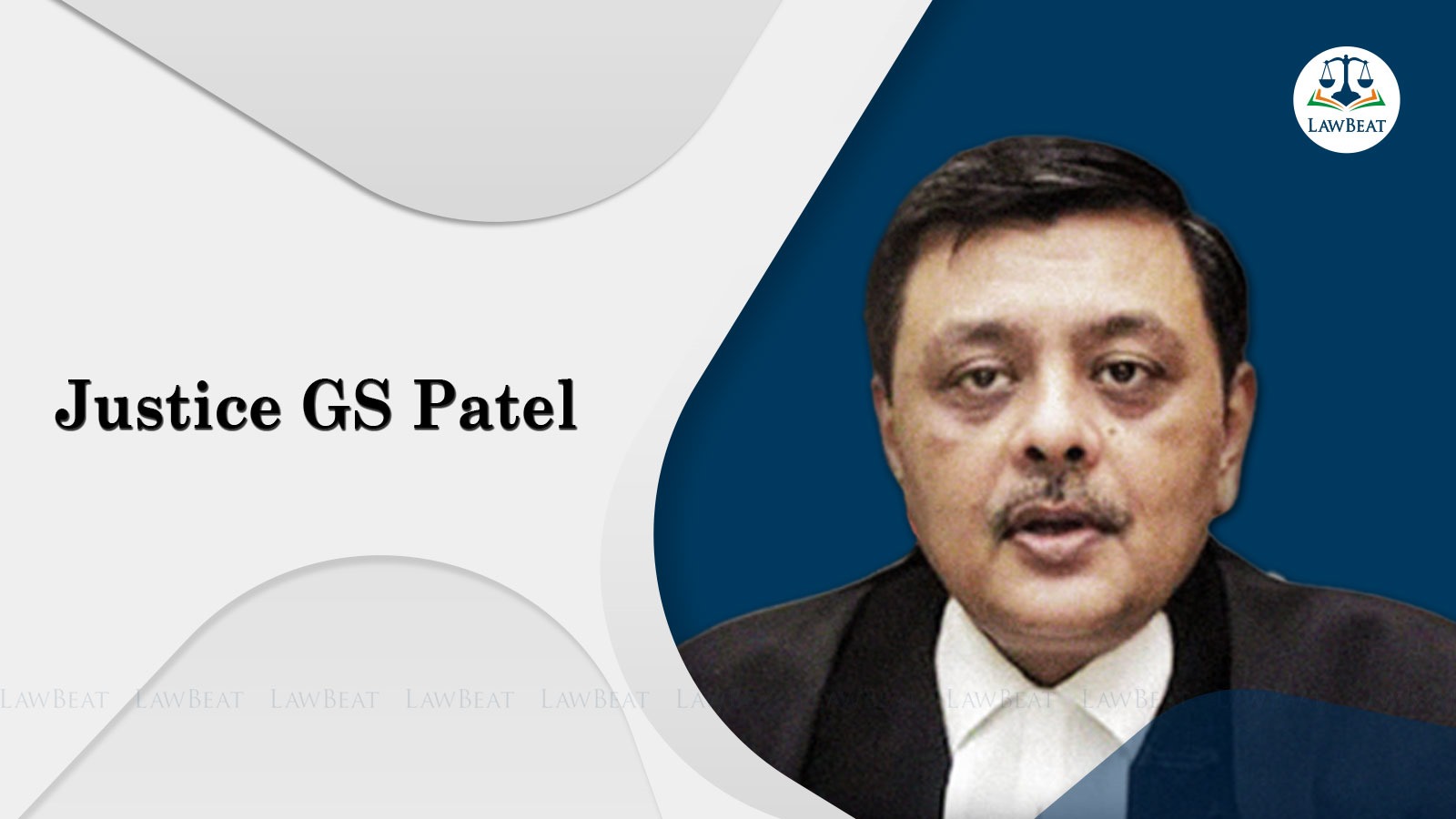Why Should Central Govt Enjoy More Protection From Deepfakes Than Cricketers & Actors? Justice Patel While Ruling Against Fact Check Unit

Justice Patel said that every attempt to whittle down a fundamental right must be resisted root and branch and the slightest possibility of a fundamental right abridgement cannot be allowed to stand.
Justice Gautam Patel of the Bombay High Court, while striking down the 2023 IT Rules Amendment that established a Fact Check Unit (FCU), questioned why the government should enjoy more protection from deep fakes than cricketers or celebrities.
“I see no reason why deepfakes about the Central Government should enjoy any greater protection than deepfakes about film actors or cricket stars. Clearly, this is invidious class legislation not permissible classification,” Justice Patel said.
Justice Patel made this observation in a split verdict pronounced by the high court on petitions challenging Rule 3(1)(b)(v) of the Information Technology (Intermediary Guidelines and Digital Media Ethics Code) Rules, 2021.
The petitions were filed by stand-up comedian Kunal Kamra, the Editors Guild, the News Broadcast Digital Association and the Association of Indian Magazine challenging the constitutionality of the fact check unit established under the amended IT Rules.
The amended rule established a Fact Check Unit (FCU) to identify fake, false, and misleading content on social media against the Central Government.
It also granted the FCU the power to order the takedown of such content against the Central Government.
Justice Patel, while striking down the rule, said that the government possesses the biggest megaphone and the loudest voice, and if there's one entity that does not need such protection, it is the government
“..this argument that the government is somehow parens patriae; it is duty bound to ensure that citizens receive only ‘correct information’ (or what the government considers correct information); that the reasonable reader is infantile and cannot decide for herself or himself; and so on to the end of the chapter. This is again circular, for it is posited on the assumption that government-related information is somehow special and deserving of extra protection. This sits at odds with the fact that the biggest megaphone and the loudest voice is that of the government: if there is one entity that does not need such protection, it is the government. It already has an ‘authentic’ voice; possibly, the most authentic voice. And it has so far been unafraid to use it,” Justice Patel said.
Furthermore, he said that if the material or content in print is not subject to FCU, there is no reason why if the same material is on online is susceptible to fakeness, falsity or misleading.
“Users are also entities such as news outlets and journals. Not only do they have their own fact-checking systems, but they and their individual writers publish in print and online. The decisive test must surely be that if the material in print cannot be subjected to FCU checking and compelled deletion, there is no reason why, merely because the exact same material also appears online it is susceptible to unilateral determination of fakeness, falsity or being misleading,” the judgement reads.
While observing that the view of the FCU or the PIB that a particular piece of information relating to the business of the government is fake or false or misleading should not be allowed to be taken inviolate and most certainly its publication cannot be subject to penalty and loss of immunity, Justice Patel said,
“Who, after all, is to fact check the fact checker? Who is to say if the view of the FCU is fake, false or misleading? Quis custodiet ipsos custodes? (Who will guard the guards themselves?,” Justice Patel said.
Furthermore, he added that every attempt to whittle down a fundamental right must be resisted root and branch and the slightest possibility of a fundamental right abridgement cannot be allowed to stand.
“As a general and perhaps even inflexible rule, I would suggest that every attempt to whittle down a fundamental right must be resisted root and branch. The slightest possibility of a fundamental right abridgment cannot be allowed to stand. Every attempt to limit any fundamental right must be demonstrably confined to its permissible limits within Articles 19(2) to 19(6). Everything else is illegitimate. For between the ‘abyss of unrestrained power’ and the ‘heaven of freedom’ lie these three Articles of our Constitution: Articles 14, 19 and 21,” the judgement states.
Case title: Kunal Kamra & Ors vs UOI
